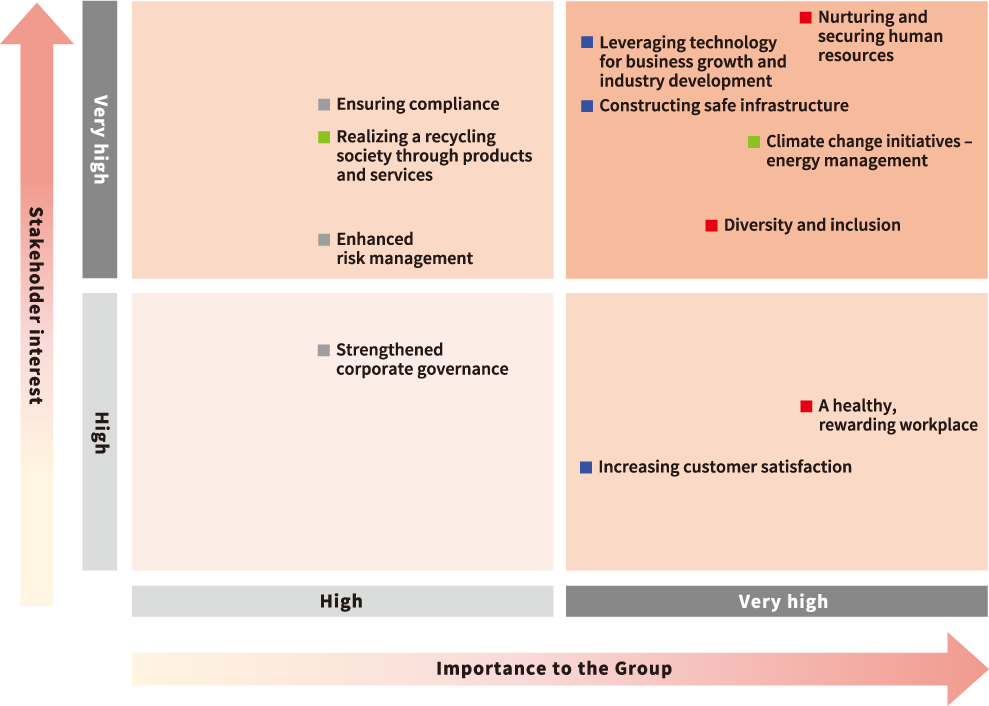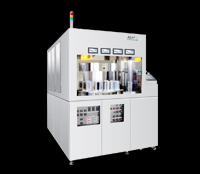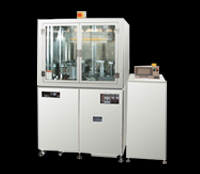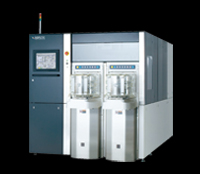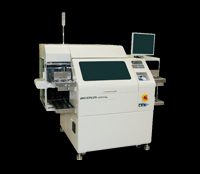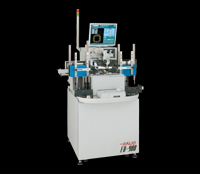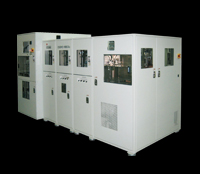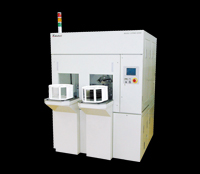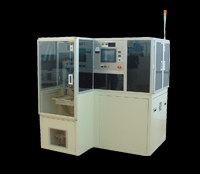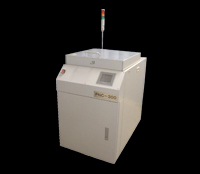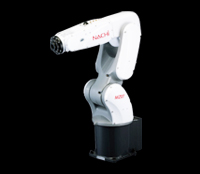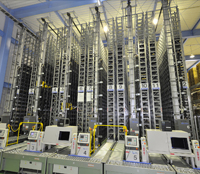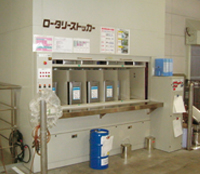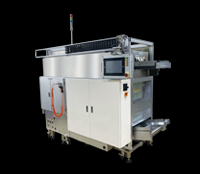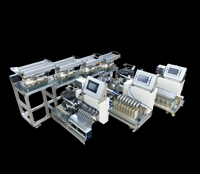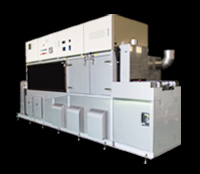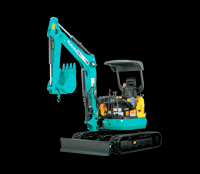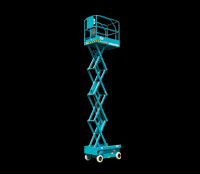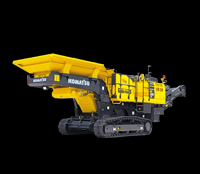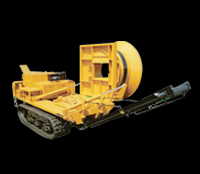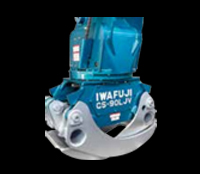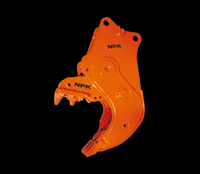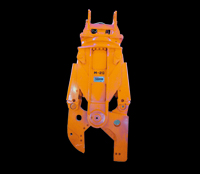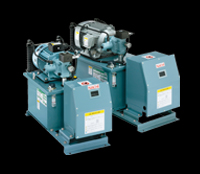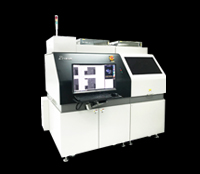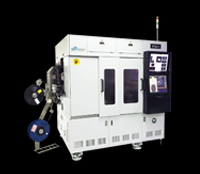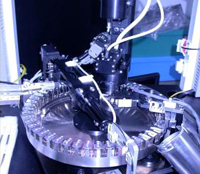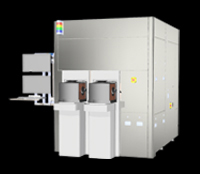Sustainability
The Nanyo Group has positioned contribution to realizing a sustainable society andenhancing corporate value as management priorities, steadily advancing its approach to sustainability.
Basic Policy
To resolve pressing issues in the environment, society, and corporate governance, the Group is expanding its product line and developing new technologies, while further strengthening intra-Group collaboration and nurturing skilled people who can propose the solutions our stakeholders demand. We are enhancing corporate value and helping build a sustainable future.
Promotion Stance
We established the Sustainability Committee and the Sustainability Office to guide and advance our initiative. The Committee, chaired by the CEO and including all directors as members, meets twice annually in principle, setting and evaluating materiality (key issues), setting targets and verifying the implementation of initiatives to reach them, and related tasks. It provides reports and advice to the Board of Directors.
The Office is staffed by the Human Resources and General Affairs Department, which interacts with other departments and affiliates as needed for concrete implementation.
| Board of Directors |
|---|
| Sustainability Committee |
| Sustainability Office |
- ホーム
- Sustainability
Materiality (key issues)
The Group has identified outstanding issues from the realms of the Environment, Society, and Governance, and defined 11 of them as key. We are committed to working as one to resolve these issues and achieve sustainable management.
Please see by swiping to the following table.
| Pillar | Materiality theme | Materiality | Materiality definition |
|---|---|---|---|
| E | Climate change | Climate change initiatives ? energy management |
To help protect the global environment we are working to reduce CO2 emissions in all Group activities and minimize environmental impact. |
| Pollution and resources |
Helping achieve a recycling society by providing products and services |
Expanding our line-up of green products (reduced energy consumption, recycling) to accelerate the transformation to a recycling society. |
|
| S | Human resources |
Nurturing and securing human resource |
People who can build strong connections with our stakeholders drive value creation. We train and nurture people who can help the Group achieve long-term sustainable growth by proposing and implementing solutions to customer problems. |
| A healthy, rewarding workplace |
The Group workplace environment is designed for employee health and work ease, boosting productivity. Our goal is to provide work that people feel is worthwhile, and to help each employee grow. |
||
| Diversity and inclusion | The key to sustainable, long-term Group growth is a framework that makes best use of the diverse experience and skills of our people, regardless of gender or nationality. |
||
| Responsibility toward customers |
Increasing customer satisfaction |
Not only proposing solutions to customer problems and boosting productivity, but also contributing to enhanced comfort and convenience in the future. |
|
| Leveraging technology for business growth and industry development |
Growing business through labor-saving products, automation, and collaborative human-robot operations, and contributing to higher industrial productivity and continuing development in a society where the available labor population is decreasing. |
||
| Regional society | Constructing safe infrastructure |
Responding to aging infrastructure and natural disasters with new regional infrastructure and comfortable residential areas, providing the original products customers need. | |
| G | Corporate governance |
Enhanced corporate governance |
Corporate governance is the foundation to drive Group activity, creating new corporate value over the medium and long terms. Sound, transparent management is a necessity for all stakeholders. |
| Compliance | Ensuring compliance | We are working to ensure complete understanding of compliance issues Groupwide, and to build a sound organization free of harassment and dishonesty. | |
| Risk management | Strengthened risk management |
The Group identifies various risks related to business operations, including employee safety and human rights issues, and resolves them quickly and effectively. |
Materiality matrix
| ■ Sustainable growth and value creation |
| ■ Achieving a sustainable society |
| ■ Providing customer value ? regional and industrial development |
| ■ Further strengthening the corporate foundation |
Please tap the image to confirm.
Process for determining materiality (key issues)
Considerations in determining materiality (key issues)
We have defined materiality with consideration for the Group’s business environment,
near-future social and environmental issues, and our stakeholders. Materiality issue importance was determined with reference to importance to the Group and stakeholder interest.
Considerations in determining materiality (key issues)
| Step1Materiality candidate selection | Materiality candidates were identified with reference to social issues, Group business characteristics, international ESG information disclosure standards such as defined by the SASB (Sustainability Accounting Standards Board), and critical ESG issues identified by GPIF (Government Pension Investment Fund) management institutions. |
|---|---|
| Step2Materiality final selection and prioritizing | Final materiality issues were selected and prioritized through a comprehensive evaluation of candidates based on Group importance (business, financial, and corporate value perspectives) and the level of interest stakeholders have in potential effects. |
| Step3Materiality evaluation and definition | Materiality issues were evaluated for compatibility with Group management philosophy and strategy, and definitions formulated through discussion among top management. |
| Step4Materiality | The Board of Directors formulated the final definition of materiality after overall evaluation of the compatibility of the proposed materiality issues with Group management philosophy and strategy. |
- ホーム
- Sustainability
CSR
Corporate Compliance (compliance with laws and regulations)
NANYO has established it’s ‘Code of Ethics’ in October 2007 to strengthen the compliance system and corporate governance within NANYO group. We are taking the following measures so that all members of the group follow the codes.
-Establishment of Ethics Committee
-Introduction of internal reporting system
-Distribution of ‘compliance card’ to all employees
Click the link below to view our ‘Code of Ethics’ (PDF format).
Code of Ethics
Social Contribution
As part of ISO14001 Environmental Management System activities, we have been donating clothes to refugees and disaster victims around the world through a specified nonprofit organization Japan Relief Clothing Center.
Human Rights Policy
We always strive to act with high ethical standards based on the rules of conduct set forth in our Corporate Code of Ethics. We also formulated a Human Rights Policy to prevent and mitigate any negative impact on human rights resulting from our business activities, and we will fulfill our responsibility to respect human rights.
- ホーム
- Sustainability
ISO 14001
ISO 14001 Environmental Management System
 NANYO (Headquarters) has passed the JQA (Japan Quality Assurance Organization)’s audit and received the ISO14001 certification on February 22, 2002 (Registration No. JQA-EM2155).
NANYO (Headquarters) has passed the JQA (Japan Quality Assurance Organization)’s audit and received the ISO14001 certification on February 22, 2002 (Registration No. JQA-EM2155).
With our management concepts of ‘society contribution’ and ‘workplace creation that motivates employees’, we will take responsibility and pride to contribute to environmental conservation. We will also pay attention to the environment at any business activities to decrease the burdens on the environment.
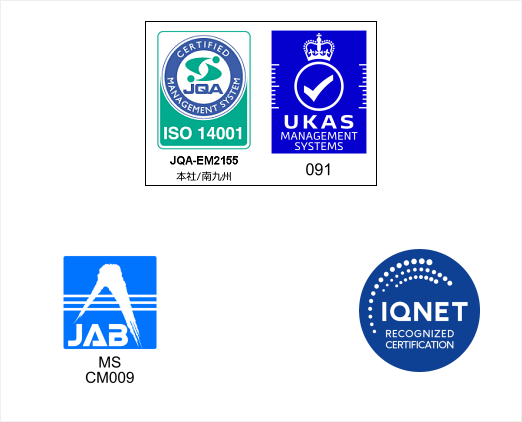
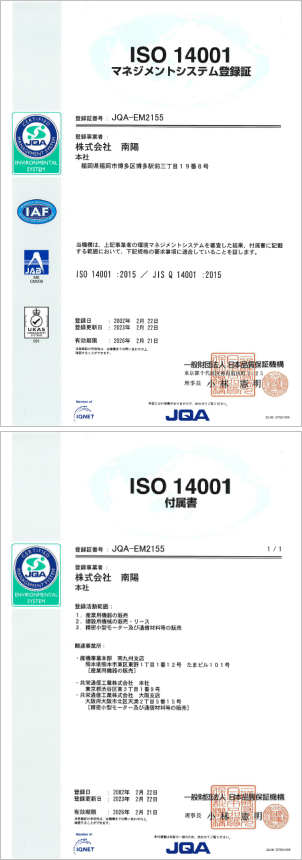
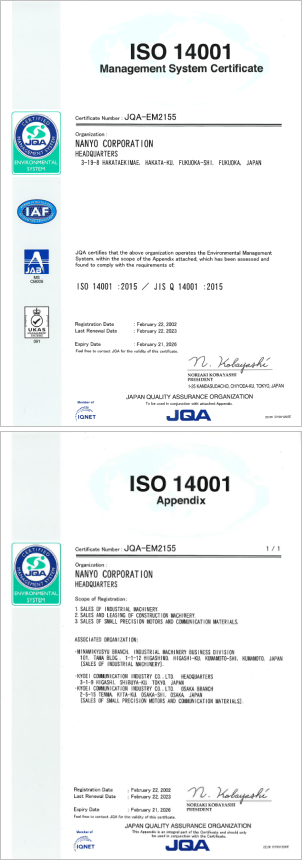
Environmental Policy
Fundamental Principle
We believe the major issue for everyone around the world is environmental conservation. Therefore, we will pay special attention to the environment at any occasion. At the same time, by educating our employees to take responsibility and pride for the environmental conservation, we will realize our management concepts of ‘society contribution’ and ‘workplace creation that motivates employees’.
Fundamental Action Guidance
- We recognize that the environmental issues are the most important matter to us so we will develop the environment control system to perform business activities with care for environmental conservation such as energy-saving and resource-saving.
- We regularly review the impact of our business activities on the environment. In order to continually promote environmentally conscious activities, we set targets to the extent possible technically and financially.
- We will make sure all employees comply with environment-related laws, regulations and other requirements that the organization agrees with. We will also try to improve the level of self-managed activities through environment audits.
- As a commercial facility of the machine, we will conduct business activities both in Japan and overseas while taking environmental issues into consideration. At the same time, we will attempt to distribute environmentally friendly products.
- We will educate our employees to become environment-aware and to be able contribute to the environmental conservation through education within the organization.
- We will make sure all employees are familiarized with the environmental principles. We will also disclose our principles outside the company.
1 April, 2017
Manabu Shinozaki, President of NANYO CORPORATION

- ホーム
- Sustainability
Greenhouse gas emissions
Our company’s (non-consolidated) greenhouse gas (CO2) emissions are as follows.
(Unit: t-CO2)
Please see by swiping to the following table.
| FY2022 | FY2023 | FY2024 | ||||
|---|---|---|---|---|---|---|
| Total(Scope 1 + Scope 2 + Scope 3) | 2,175 | 3,123 | 2,253 | |||
| Scope 1 | 266 | 262 | 288 | |||
| Scope 2 | 112 | 83 | 105 | |||
| Scope 3 | 1,796 | 2,779 | 1,860 | |||
| Category 1 (Note 1) | Purchased products and services | 1,249 | 1,288 | 1,312 | ||
| Category 2 | Capital goods | 213 | 1,144 | 222 | ||
| Category 3 | Fuel and energy-related activities | 107 | 91 | 68 | ||
| Category 4 | Transportation and delivery (upstream) | 145 | 174 | 179 | ||
| Category 5 | Waste generated from business operations | 10 | 12 | 9 | ||
| Category 6 | Business trips | 24 | 24 | 23 | ||
| Category 7 | Employee commuting | 50 | 46 | 47 | ||
| Category 8 | Leased assets (upstream) | Not applicable | Not applicable | Not applicable | ||
| Category 9 (Note 2) | Transportation and delivery (downstream) | – | – | – | ||
| Category 10 | Processing of sold products | Not applicable | Not applicable | Not applicable | ||
| Category 11 (Note 3) | Use of sold products | – | – | – | ||
| Category 12 (Note 3) | Disposal of sold products | – | – | – | ||
| Category 13 | Leased assets (downstream) | Not applicable | Not applicable | Not applicable | ||
| Category 14 | Franchise | Not applicable | Not applicable | Not applicable | ||
| Category 15 | Investment | Not applicable | Not applicable | Not applicable | ||
- (Note 1)
- This applies to products and services purchased for use within the company. Purchased goods are excluded because there are so many different types and are difficult to calculate.
- (Note 2)
- Due to difficulties in estimation, we excluded this from our calculations.
- (Note 3)
- Due to difficulties in collecting data necessary for calculating emissions, we excluded this from our calculations at the present time.

